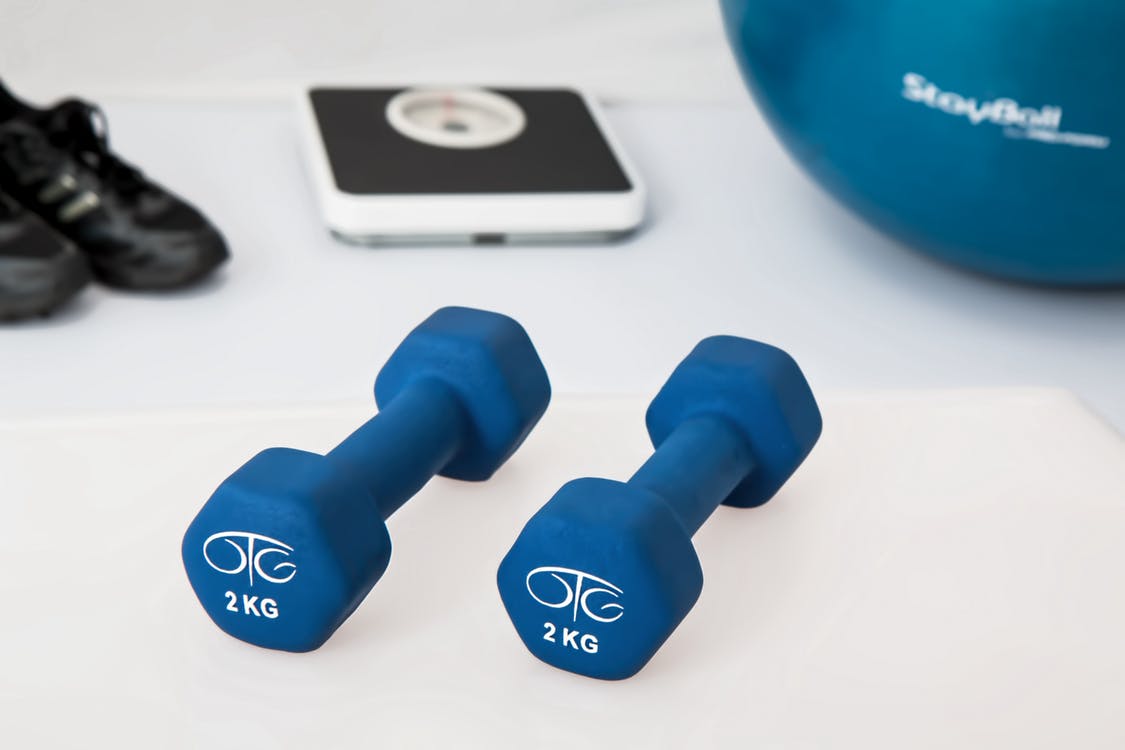| Disclosure: The links on this page are "Affiliate Links" and while these are shown at no costs to our viewers, they generate commissions for our website(s) |
Workout Blog
Over the years, I’ve tried and failed at a number of exercise regimens. Maybe I started out fantastic with a new strategy, but as the weeks rolled on, my commitment lessened and lessened. I’ve done a number of Google searches to try and find the perfect workout that will keep my interest, but what I’ve come to acknowledge is that the perfect and ever-fun regimen simply does not exist for me—or you if you’re as fond of reading a book, watching television, or doing some other not-so-active activity as I am!
But the desire to be fit and healthier can still be there, so the question becomes this: What are you supposed to do to decide on a workout strategy that’s right for you?

Tip #1: KNOW YOUR NEEDS. This is one of the most important things you should consider for physical workouts. You could have a specific fitness goal that you want to accomplish, like building your muscle tone, and those kinds of goals can matter when choosing your regimen. For instance, if you want to train to run a marathon, running is clearly going to be a part of your strategy because you’re working to better yourself specifically in that regard. On the other hand, while you could use running to lose ten pounds, other strategies could be employed to accomplish general weight loss. Your goals, as it happens, could decide your workout options for you!
In addition, medically, you might have conditions that you are looking to better through exercise. As an example, for a thyroid problem, yoga has been listed as an exercise method to help (Wilson, 2011). So if your thyroid is giving you trouble, you might want to grab that yoga mat! All in all, know what you need and want to happen through your efforts before you go into planning how you’ll exercise, and make sure you do your research on how to best accomplish those goals.
Tip #2: KNOW YOUR LIMITS. Physically, this can be as important as figuring out what you need because it’s good to consider what you actually *can’t* do. If you don’t take this step, you could be setting yourself up for serious injury—which isn’t good!—or lead yourself into so much discomfort that you throw your hands up in surrender and stop working toward your fitness goals altogether. More serious conditions in particular, like heart and lung problems, should be taken into consideration as you plan your workout. When in doubt on these matters, ask your doctor! It’s better to know where you need to stop than to go over that line and end up with a lingering problem.
Likewise, it pays to know your financial limits. Maybe you can’t afford to have a rowing machine in your home or a gym membership, and that’s okay! There are exercises that you can do at home, for free—and I don’t just mean the obvious planks/lunges/everybody-should-know-about-these exercises. You can also practice tai chi or do cardio workouts by watching YouTube videos, walk around your block, play some games of tag with your children… And if you want to jump the price up from zero, you can add things like jumping rope, lifting dumbbells, and practicing yoga on your list since a jump rope can cost less than three dollars, and the other two options can be purchased for less than thirty dollars if you shop right!

Tip #3: KNOW YOURSELF. It’s also worth mentioning that no matter how much (or how little) money you invest in your plan—or how much your plan suits your needs—if you choose something you won’t do, then you won’t do it. That seems simple, but I think it’s often overlooked when deciding these things. I can write a list of what I should do every day in the week, even down to the number of minutes for each exercise, but a plan that doesn’t fit *me* won’t work.
For me personally, that definitely leads into scratching some exercise ideas off of my potential list! I’m not going to go to a gym or join an aerobics class, and I know that beforehand. I know I’m not going to do 50 push ups a day, so telling myself I will is setting myself up for failure. I’m not going to go for a jog either. So if I know I won’t, I should acknowledge that while I make a workout plan. I’ve found that other methods of exercise work better for me, like yoga. I can do yoga in the comfort of my home while I listen to music, and I can end the session feeling refreshed rather than drained. It’s a good set up, and of every regimen I’ve tried, it’s the main one I stand a chance of committing to week after week, month after month. I know that, so it’s my best shot! Really consider what yours is!
Tip #4: KNOW THAT THERE'S MORE TO FITNESS. This might be the most bitter pill to swallow, guys, but the fact remains. No matter how much you exercise, your diet matters in regard to fitness, and thousands of hours on an elliptical don’t negate how effective eating right can be to your health (Benken, 2016). If you aren’t willing to commit in the kitchen, you can expect less impressive results overall.
Beyond the diet though, there are other lifestyle choices that can make for a healthier you. Making sure you get enough sleep can benefit your health, and it can give you the energy you need to do your exercise regimen. Get your hours of rest, and be ready to work for those fitness goals the next day!
Tip #5: KNOW THAT NO REGIMEN IS PERFECT. If you expect to be enthusiastic every time you go into your workout, you might be—again—setting yourself up for failure. Regardless of how amazing you find your approach, some days, you probably won’t want to do it. If you want the best results, be ready to force your way past those moments to keep going! Knowing this detail could get you through those instances and onward to fitness.

Overall, fitness can involve a series of personal choices, and considering all of these personal angles can help you create a fitness plan that’s right for you—one that you can commit to long-term in order to reach those goals!
References:
Behnken, M. (2016). The Importance of Nutrition. AsktheTrainer . Retrieved from http://www.askthetrainer.com/why-nutrition-is-so-important/
Wilson, J. (2011). Yoga for the Thyroid in Women. Livestrong . Retrieved from http://www.livestrong.com/article/364448-yoga-for-the-thyroid-in-women/









